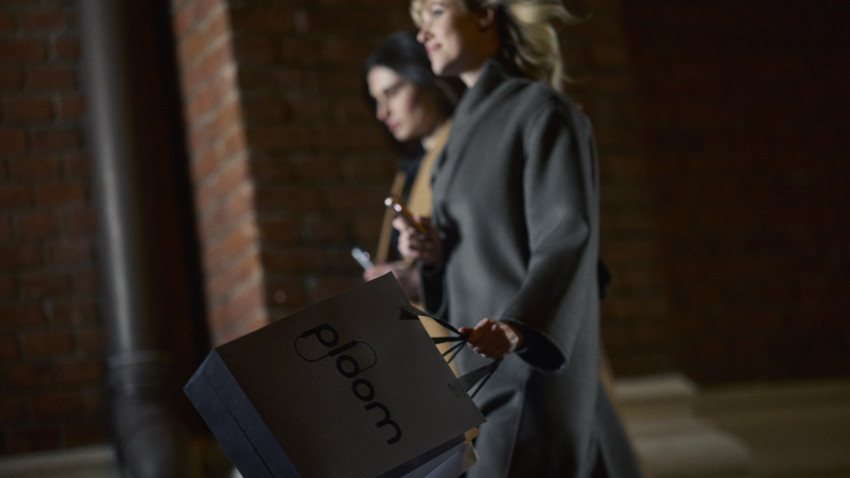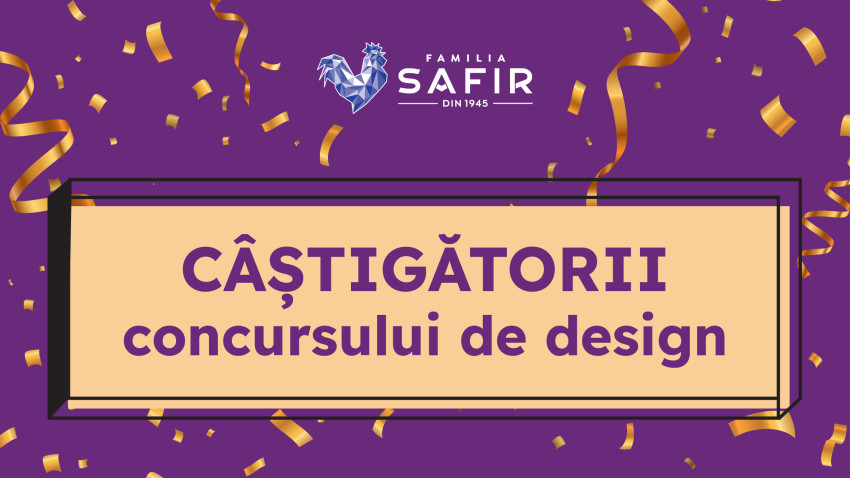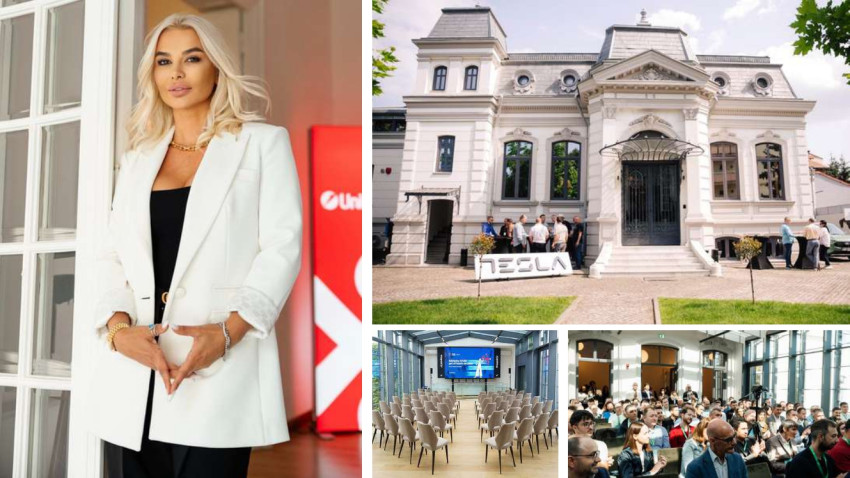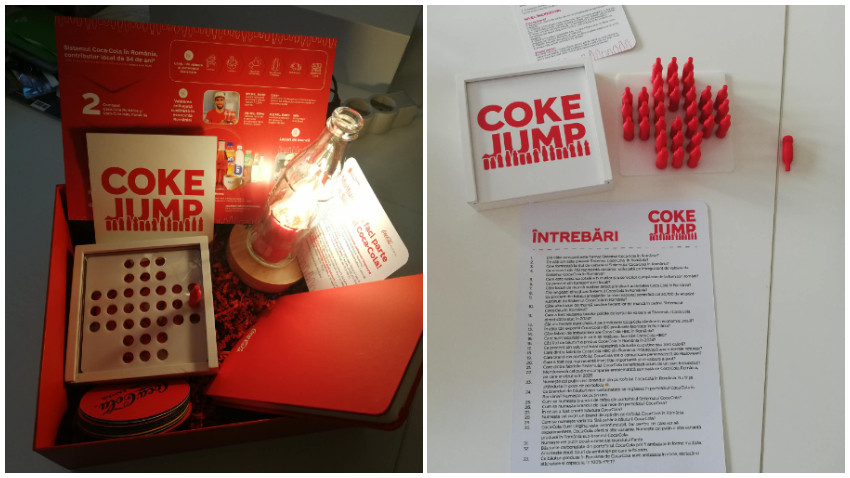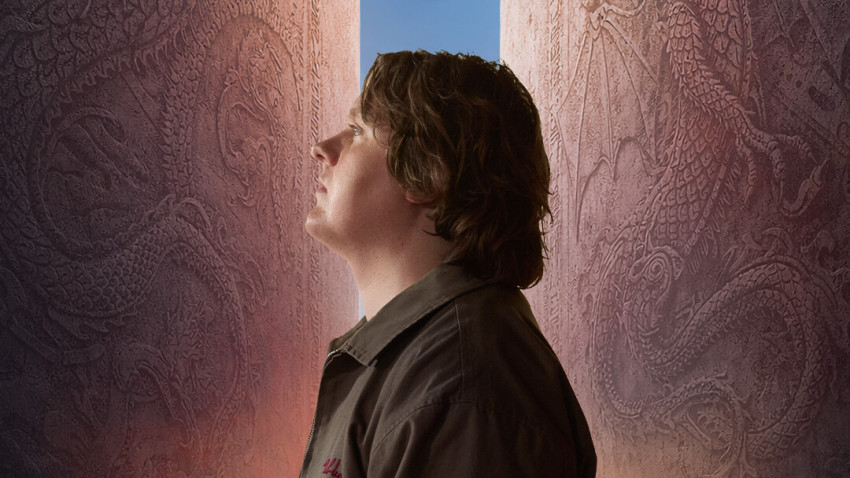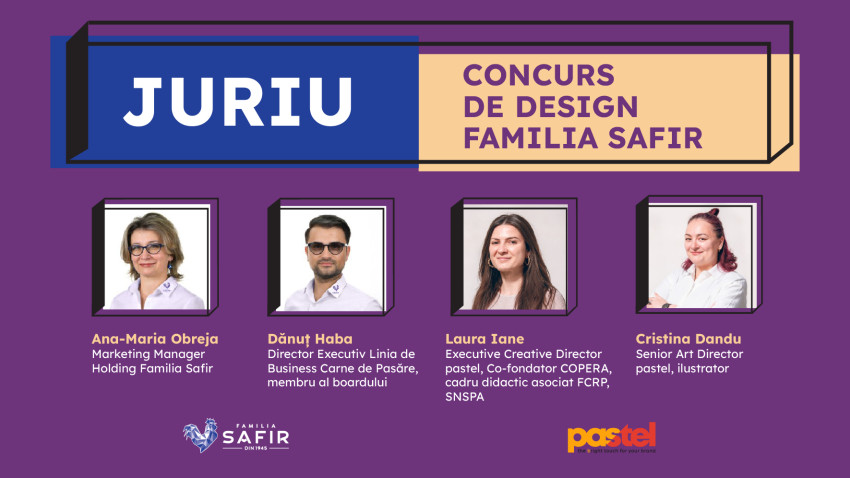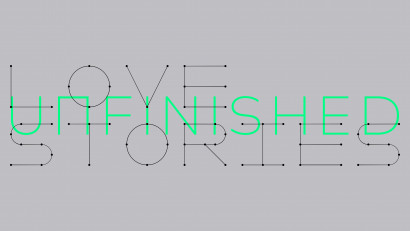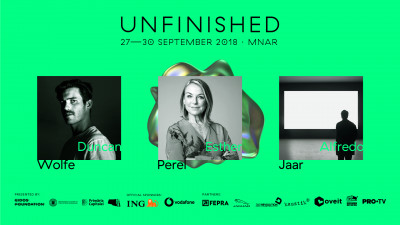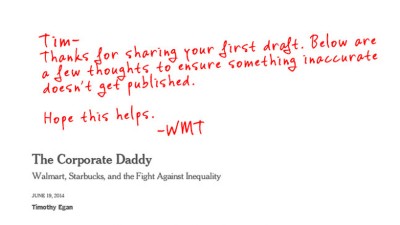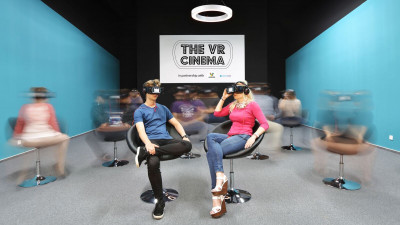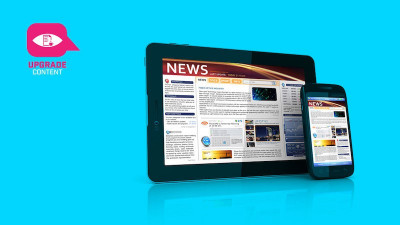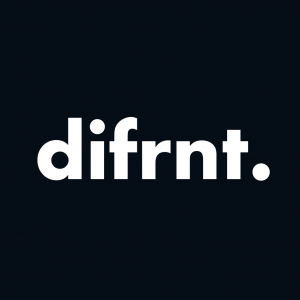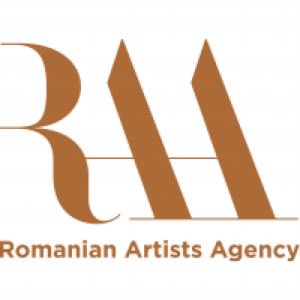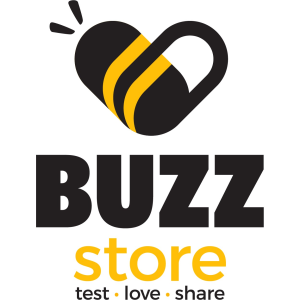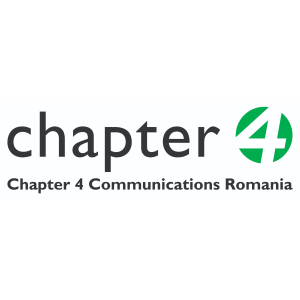One would say 'hello, how are you', one would reply 'fine, thank you'. That was the way we used to greet each other. What was wrong with that? Nothing and everything. We used to live in a big world and make small talk. Now our world has pretty much shrunk to our homes, but we talk much more than we used to. We skip the introduction and go directly for the drama. It’s what Grace Francis observed in her conversations, for the past six months.
She worked for Droga5 London as Chief Experience Officer and recently joined Karmarama, in the same position. She is also the founder of elsewhere life design studio, which provides mentorship in personal life problems or career reconversions, by using specific tools inspired from Design Thinking. Grace will be presenting two of them at UNFINISHED festival in Bucharest, one tool helping people to regain autonomy in situations where they have less control because of Covid, and the other one to help make decisions when Covid is shaping experiences.
The conversation with Grace evolved around many topics, like the limited perception we have on what’s happening into the world, the media noise, the work from home model, shifts in brand communication or innovation processes. Furthermore we spoke about empathy and about the meaning of her presentation title: “Design Thinking saved my life”.
”Empathy means walking into rooms and giving people the consideration to share what they want to share and also the compassion that even if they’re not sharing it, you’re willing to engage with someone as if they might be going through a bad day”.
Grace will have her talk at UNFINISHED on Thursday, 1st of October.
The new small-talk
I think I was very surprised to realize that when we started communicating on the screens, when we were going into the lockdown, we were all so exposed in vulnerable moments that the screen ended up being a way for us to be able to bond. I was trapped in my house, you were trapped in your house, but rather than just saying good morning, hello, let’s get to business, that situation allowed us to be more open and honest.
I recently taught a class in Washington D.C at a university where people were about to graduate in Marketing and Advertising. I never met the lecturer before, but when I said hello, how are you, she said: I had to move back to my parent’s house, I live in a different time zone that the one I’m working in, and I’m worried to what that means to my job. It was the most honest answer she could give and I had hundreds of those conversations with people and that has actually continued throughout these six months.
So, when we meet, we don’t just exchange small talk or pleasure treats, we’re actually vulnerable and honest and we connect with each other on an emotional level, even though we are not connected with each other through proximity, so intimacy through screen replaces intimacy through proximity. Perhaps this will continue when we move forward, it would be interesting to think. You know, English culture is very reserved, so I’m hoping we will be braver and more open when we will see each other in person again.
The underrated effects of the pandemic
One of the disadvantages of being stuck in our homes or limiting the amount we go out is that we have no idea what’s happening in our hospitals, we have no idea what’s happening in our governments, so we rely far more on a very small window. If I look out on my literal window of my house, I don’t have a full perception or sense of the world anymore, so I'm missing great acts of kindness.
Also, regarding the media noise, because we have so much information about the pandemic and about what’s happening in the emergency status, it’s much easier to miss on a global or country level bits of legislation going through, change that’s happening, dangerous news or good news. The signal versus noise is much harder to read through and of course, we’re emotionally exhausted from dealing with this intense news as well.
Work from home
I discovered that I’m a house cat, I very much enjoy working from home and sit in my spot in the sun. I think at the moment work from home is very democratic, in that we are all on the screen. The other day I had a call where three of my colleagues were in person and I was on a screen and they had to work harder to make sure I was included. What I think is interesting is specifically the scenario for people who need or want to be at home more, so parents looking after children, people with physical disabilities for whom travelling to the office is difficult or fatiguing.
I think this now proves that the model is possible, and I very much hope that the people will be given the freedom to have more flexibility about location rather than intellectual investment. We all know we're invested in work, this time has proved that out, so perhaps freedom of where we sit will be extended.
Name tag for 2020
I would really like to think about it as a rejuvenation. We’ve lost a lot and we accepted a lot, but actually I think this is a huge opportunity for us to rejuvenate, in personal growth and connective growth. This is the first time that all of us have been experiencing something that affects us globally and we’re thinking about ourselves on a planetary level, on everybody involved.
So, we start thinking of us, not meaning our family, our friends, people we know, our country, we’re thinking all humans and from that point of view, I think that’s a really promising and exciting thing to happen.
Shifts in brand communication
Interestingly, I found there are brands that are doing really significant work through our hearts and really significant work through our heads. At the very beginning of the pandemic, Facebook put out a piece of work with my previous agency Droga5, and they used a poem by a successful artist called Kate Tempest. We all sent that piece of work out and at that time it wasn’t acting as messaging and communication for the brand, it was acting as art, because we needed it to make us feel good.
In those early days of the pandemic, a lot of us were leaning out on traditional art, but also brand communication as art. To comfort, to connect, to feel vulnerable. And a little bit later on, we started to see really incredible branding coming from the point of view of intellect as well.
Most recently, I’ve been incredibly impressed with clear and significant messaging coming out a lot of our own clients work (in Droga5 New York, the New York Times work, also the agency I am at now, Karmarama, has some very specific and meaningful work coming out) and it just allows us to recognize what times we need to think about communication coming from the heart and what times we need to think about communication from the head.
And we’re talking not just about what brands represents, but the role that brands have to play in culture, speaking well beyond the audience of customers or subscribers; they are standing on the world stage and making a statement as a large organization. For me, that’s one of the most significant roles that any brand can play during this time.
Consumer’s attention
In this time, when is so much information, so much news, messaging from brands or from individuals through social media, we are sorting through it and looking for something that feeds us. The responsibility of arts to feed us and the responsibility of advertising to extend moments of relief, moments of humor, moments of tenderness and compassion, all of these things do make a difference, so I would hope that the consumer can see it when they need it, and when they don’t need it, they don’t have to worry about it.
Mistakes in communication
Throughout my life I think about the idea of assuming good in all situations, meaning whenever you engage with an organization or individual, to assume they were trying to do good when they did something. That has for me increased tenfold during the pandemic. I haven’t seen anything that looks like a blunder or a mistake.
What I have seen are people grappling with a very upside-down world and trying to work out what other people might need. The great thing about a mistake in advertising often is, it's more likely that there's a message that just won't land and it will filter to the bottom and nobody will recall it. I think that, because we’ve all individually been affected by the pandemic, empathy is much easier to hold on to, because we’re all experiencing to one degree or another.
Empathy
On a very personal level, it’s about people engaging everyday and understanding that in any moment one of them might be thrown into grief, might be very fearful for their own wellbeing or their family wellbeing.
I’m holding in my mind that you and I are having this conversation right now and we had a brief chat about our breakfast routines, but I don’t know what’s going on in your life, I don’t know if this is the worst or best day of your life.
So, empathy means walking into rooms and giving people the consideration to share what they want to share and also the compassion that even if they’re not sharing it, you’re willing to engage with someone as if they might be going through a bad day, because even if there isn’t a single trigger point, they’re in a global pandemic, trapped in their house, so very unlikely to be having their best day.
The innovation processes
One of the most interesting things I’ve seen happen in the last few years and has been supercharged by the pandemic, is corporations choosing to work with creative agencies to find solutions and innovations. They’re doing that because they’re looking for serious step changers.
A creative agency doesn’t always make changes or follow through innovations by logic alone, they take big leaps, they take bold leaps, because that’s what you do in brand communications, you make a jump and you see where it takes you.
We’re really good at that, it’s one of the strongest skills our staff has, so we’re working more and more with new and existing clients, to answer innovation briefs and specifically corporate innovation briefs, that might be around sustainability, or might be around Covid directly, or all sorts of challenges, precisely because we can be bold and we are making changes that would seem scary to an organization who is more about rigour, robustness and feasibility.
If you put feasibility first, it’s very hard to make a real change, so for me that’s incredibly exciting. I also think that Covid has put the innovation on the forefront of the agenda, rather than the back of the agenda. When change in a moment of history is so fast that you can observe it in a new cycle, then you have to recognize the power of innovation.
Design Thinking
Design Thinking has sat through the whole of my career and it was present actually because my partner worked in tech and started introducing me to the concept well before I started to move into design, so it was ever present in my thoughts.
For me it works perfectly with how I think about combining investigation and curiosity, and then empathy, and putting those skills together, and interchangeably using them to create products, services, responses to the world in front of me. I’ve been using Design Thinking as a methodology for close to two decades and it continues to help.
“Design Thinking saved my life”
For me it’s not a metaphor, it was quite literal. In my 20’s I was diagnosed with cancer and I spent about six weeks knowing I was going to have a result of cancer, but I didn’t know how bad that was going to be. And in those six weeks I used Design Thinking, to help me navigate the healthcare system and determine my personal wants and needs, to get me to the right oncologist as quickly as possible, to have my cancer treated. So, there’s a very literal response to that.
There is also a far more extended metaphorical response - the following ten years or so of building up elsewhere and helping people use Design Thinking to answer life problems, personal problems, career problems, with specific tools that have been taken from the Design Thinking we know about, where you iterate and improve organizations, products, services, business offerings, and adapted to help say if you are in the right job, why are you unhappy in your relationship, what is it that will lead you to a more fulfilling life.
People come with many different questions and we use those tools to help guide them, not to give them an answer, but to help them get to their own answer.
Tools
In terms of making a decision in your life, we use a really simple tool called Head Heart Body and Wallet and whenever we’re asking a question, we start to put the feelings around that question into those boxes, to start to sort through them. So, if you and I talk about giving up your career as a journalist and retrain to become an artist or a doctor, we would look in Head to talk about what new qualifications or skills would you need, what new ways of engaging in the world and why do you logically want to do that.
In Heart, we talk about your purpose: is this exactly what you want to do or you’re doing it because your mother was an artist or your father was a doctor, or was in fact journalism all along? Wallet is about practicality, not just money, but thinking about how long will take you to get there – if you retrain as a doctor you may need many years, if you retrain as an artist, you might not need to go to school at all, it might be within you, but you might also want a formal structure.
And in Body is about the physical limits of what we can do. That’s about our wellbeing, our strength, our tenacity to hold and push through on things. Afterwards, it’s about being able to put different problems into those boxes so they are smaller and easier to look at. And once that information is sorted, we have to able to think about the linear sequence of those events changing, so if you want to retrain to be a doctor, we have to make sure that you have the time, the energy and the ability to do it.
The other tool about autonomy is really simple. It’s about recognizing where you are on your list of priorities. A lot of the time when we’re making decisions or thinking about things, we aren’t on our very list at all or we are very low on the list, so we ask people to write a list of names of people they need to support in this change, and then see if they are on the list.
When we have it, we draw a circle and then we work out who is the most important and we move around that. So, sometimes a lot of people are in a position to put themselves truly first, but you might have a child, a parent you care for, a partner, and it’s about recognizing, when you consider their needs, how to create your own space as well, and how to create a period of time when you can ask truly what you want for yourself, before bringing those people back in, and how that will shape your decision.



